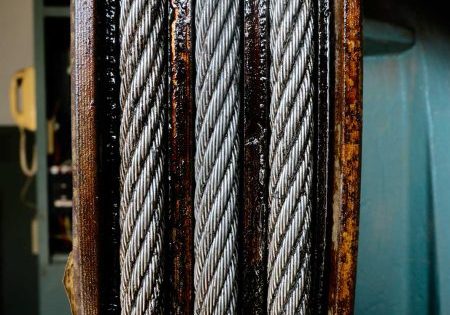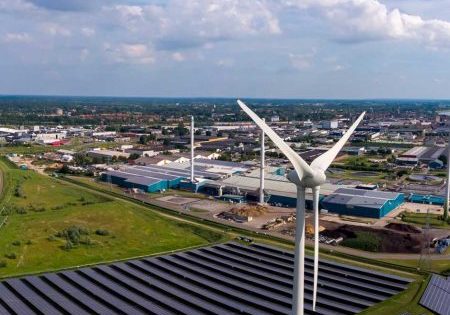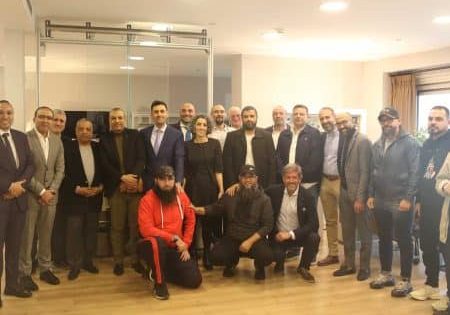Committed to Universal Accessibility
Jun 5, 2023
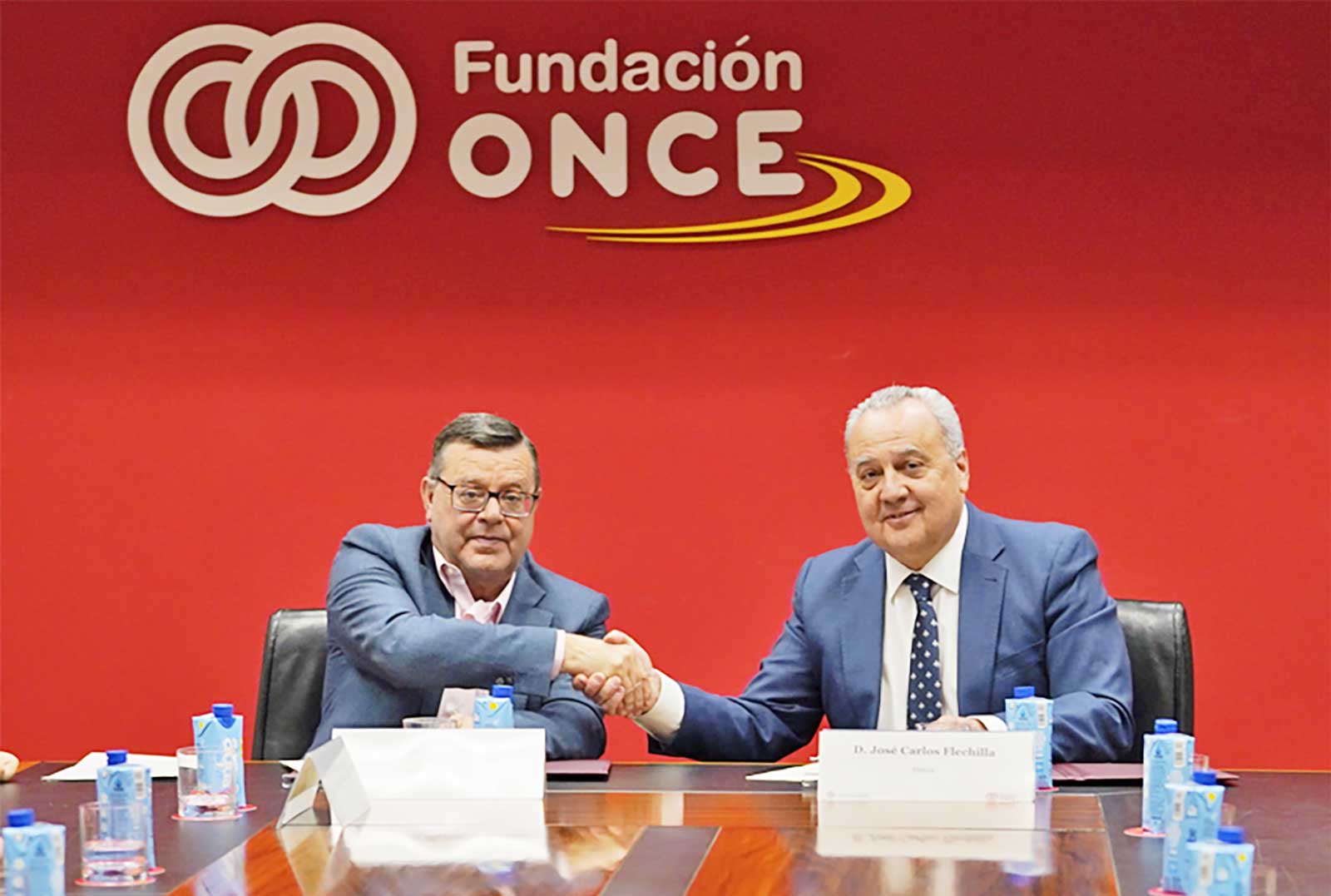
ONCE Foundation and FEEDA sign an agreement.
The ONCE Foundation and the Spanish Elevator Business Federation (FEEDA) have signed a collaboration agreement to give continuity to the activities that both entities are carrying out jointly, with examples such as the awareness campaign for greater accessibility of buildings, which has been carried out through social networks, as well as the promotion of the Pulse system, an innovative elevator call system via smartphone that offers anyone, whether or not disabled, access to any elevator safely and comfortably.
After the signing, José Luis Martínez Donoso, general director of the ONCE Foundation, said:
“It is six years of close collaboration between the two that we ratify with this agreement. I believe that the objectives at the time were understood by both parties. For this foundation, accessibility is a necessary way for the inclusion of people with disabilities from any element of society. Unfortunately, there are many elements, many physical barriers that can only be overcome with elevators and accessible elevators.”
The Importance of Collaboration
Martínez Donoso stressed the importance of this collaboration with FEEDA because the objective is “to have a society that is accessible in all physical media, but also in digital media, because it is about us being able to access all buildings freely like any other citizen.”
For his part, José Carlos Frechilla Fernández, general director of FEEDA, expressed his satisfaction and pointed out:
“We welcome this agreement with great enthusiasm and with new projects that are opening up before us to be able to collaborate with the foundation in aspects of universal accessibility and not so much referred exclusively to accessibility of regulatory compliance. And in this sense, projects that have already seen the light of day and that are being implemented as very innovative in the sector are inspiring us to be able to undertake new projects.”
Both sides stressed that the long collaboration that keeps them together for universal accessibility is proving very “fruitful,” while they expressed their desire to continue improving accessibility day by day, with the aim of normalizing citizens with disabilities.
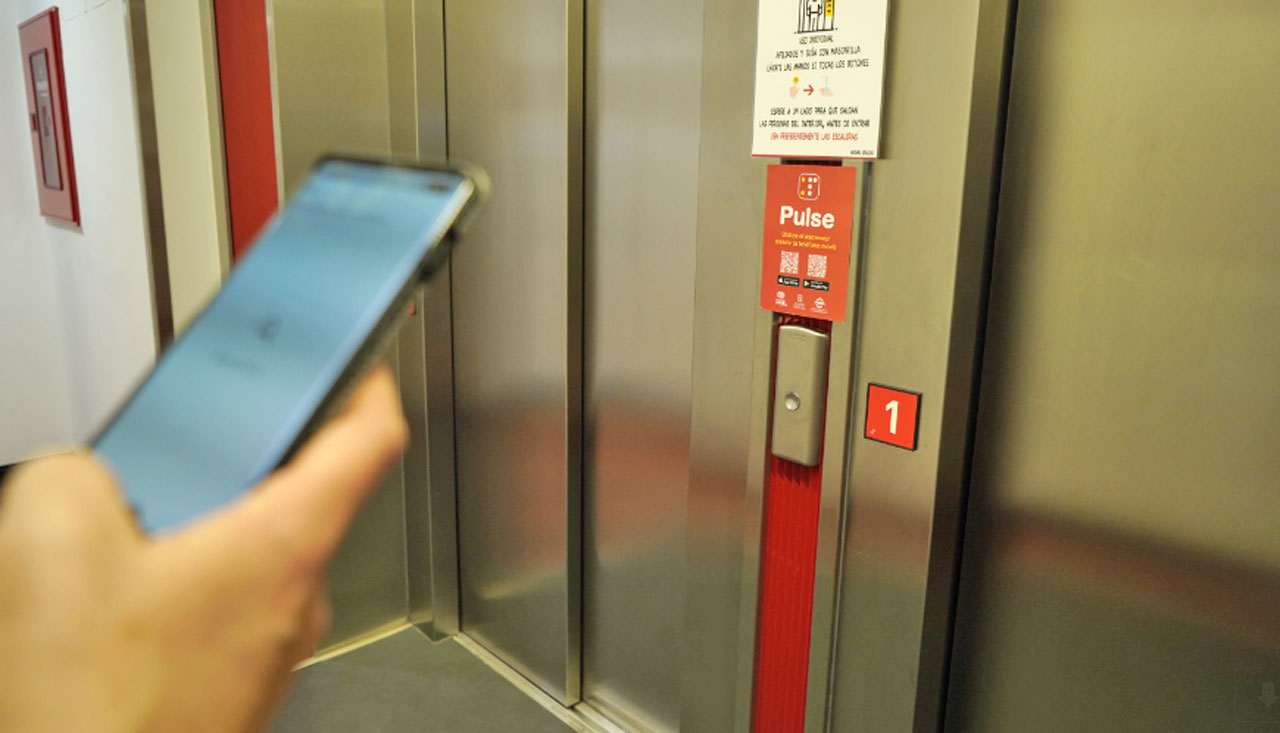
Objectives of the Agreement
The agreement intends to establish a cooperation program that contemplates the promotion of universal accessibility and entails inclusive design for all people in buildings, services or facilities, as well as all virtual spaces.
To achieve this goal, the ONCE Foundation will advise FEEDA on those projects that have universal accessibility as their motto, as well as on proposals related to the promotion and dissemination of universal accessibility and design contemplated for all citizens.
Likewise, this agreement also includes the need to identify products that are accessible, the generation of innovative workspaces directly related to accessibility with respect to construction materials and products, as well as the dissemination of FEEDA publications that deal with universal accessibility and design.
In addition, a section dedicated to labor insertion has been incorporated into the signed document, according to which
“ONCE Foundation and FEEDA will collaborate to provide people with disabilities, especially young people, with the knowledge, skills and technical abilities corresponding to a task or certain profession.”
Universal Accessibility
This agreement is framed in the context of universal accessibility, a concept included in the General Law on the rights of people with disabilities and their social inclusion (LGD). This is how it is stated in said law:
“It is the condition that environments, processes, goods, products and services must meet, as well as objects, instruments, tools and devices to be understandable, usable and practicable by all people in safe conditions and comfort, and in the autonomous and natural way possible. It presupposes the strategy of ‘universal design or design for all people’ and is understood without prejudice to the reasonable adjustments that must be adopted.”
Following the path of FEEDA and the ONCE Foundation, companies must ensure compliance with this universal accessibility since the absence of this criterion in their facilities or communication channels can cause the following consequences: a direct discarding of talent and potential of a large number of people whose full professional development is prevented; companies losing opportunities for innovation and research in R&D; and, therefore, their lack of commitment to this criterion can cause serious reputational damage to these companies.
For this reason, the action of both entities constitutes an example of prevention with a view to the future projection of facilities, buildings and environments.
Get more of Elevator World. Sign up for our free e-newsletter.


